With the US military’s shift toward near-peer conflict and great power competition, the Pentagon is re-calibrating its strategies and tactics to prepare for conventional high-intensity warfare against threats like China and Russia, and away from lower-intensity conflicts. This shift has made some senior defense leaders question the role of Special Operations in the Pentagon’s new plans. (RELATED: U.S. and Russian Militaries Facing-Off in Arctic)
The proposed Special Operations Command (SOCOM) budget for FY21, for example, according to The Military Times, “would result in a 5 percent reduction overall to SOCOM, and a 12% reduction in procurement power.” This reduction is partly based on the idea that Special Operations Forces (SOF) have no important role in “Great Power Conflict.”
But is that idea correct? And if not, what role will U.S. SOF play in future conflict?
(Hint – Gray Zone.)
During the Special Operations Forces Industry Conference (SOIFC) last week – this year held virtually due to COVID-19 – General Richard D. Clarke, commanding officer of the Special Operations Command (SOCOM), argued that “the fight to counter terror groups is not mutually exclusive from the Defense Department’s pivot to great power competition.”
According to SOFREP, Clarke stated that Special Operators will be fighting extremists for the “long haul,” adding that “countering violent extremist groups was a generational issue and would remain the number one priority for U.S. Special Operators.”
Despite the new focus on great power threat, terrorism will not be going away anytime soon. As SOFREP noted, Special Operations Forces are “uniquely capable of combating extremist networks all over the world. Special Operations units require less support and resources and leave a small footprint, while delivering large blows to the enemy.”
Still, what role will SOF play outside the counter-terror arena. How can Special Operators add value to a great power, or near-peer, competition with China or Russia?
SEE ALSO: U.S. Marine Corps Transforming to Defeat China
Gen. Clarke explained one way, as quoted by SOFREP, saying “that allies, partnerships, and maintaining alliances will be an integral part to addressing near-peers in the future. Special operations forces are uniquely placed to fill that role, serving in a number of host nation countries helping train partner forces to counter violent extremist groups.” But that does not really answer the question.
He also added that Special Operations will also remain pivotal in any type of conflict. Earlier this month, in The Military Times, three retired U.S. senior military officers explained just how pivotal SOF could be. They argued that:
Russia and China are identified as the key potential rivals in the National Security Strategy. Both possess significant capabilities to compete against the U.S. asymmetrically before a conflict begins, as well as advanced capabilities to attack the U.S. and defend against our responses during a conflict. In both instances, SOF plays a critical role in both the competition and major combat operations phases.
They continue to explain that:
Currently, Russia is “all in” on hybrid warfare (or “irregular warfare” in the common U.S. lexicon). The U.S., with its European allies and partners, can and are pushing back hard against this Russian line of effort using SOF, interagency, and intergovernmental teams. China also prefers to operate in the gray zone. It intends to avoid conventional armed conflict, instead spreading its influence through proxies and partners. It will take extensive networks of people and innovative technologies, competencies, and tactics to counter Russian and Chinese activities during “Great Power Competition.” SOF is building those networks and capabilities now, working to defeat asymmetric threats, in addition to continuing the pressure on terrorist organizations globally.
While these three officers go on to describe how SOF could also successfully operate in the high-intensity conflict phase of a war against China or Russia, I will leave that for another time. What is key here, is the critical role SOF can and should play in more “high-probability” Gray Zone conflict with China, and hybrid-warfare with Russia.
US special operations forces are ideally suited to operate in these shadowy areas of conflict that both China and Russia are already effectively engaging in. As such, SOCOM should be given a leading role in developing strategies and tactics for U.S. military operations in this increasingly dominant, but not well understood, irregular warfare environment.
It’s all about the Gray Zone.
Advertisement
HELP Expose the TRUTH About Creepy Joe Biden

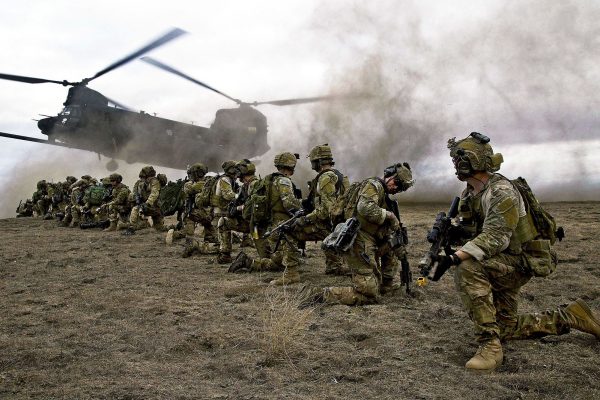





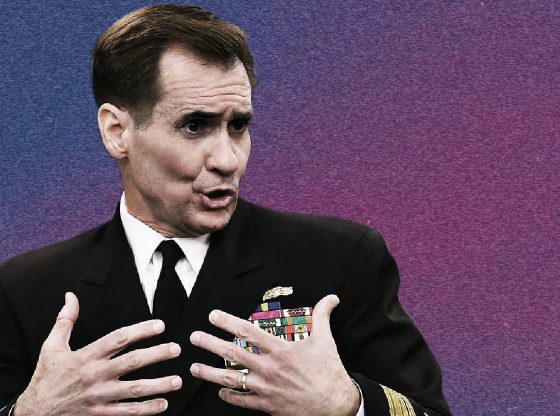
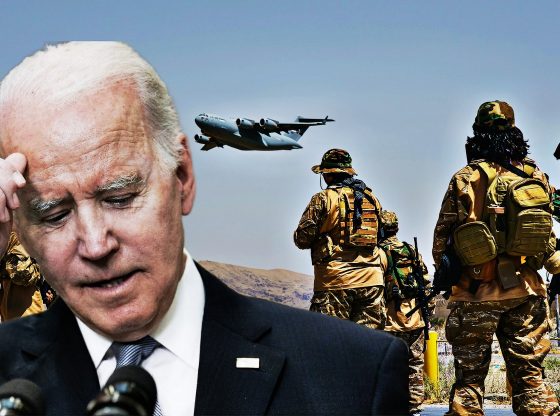
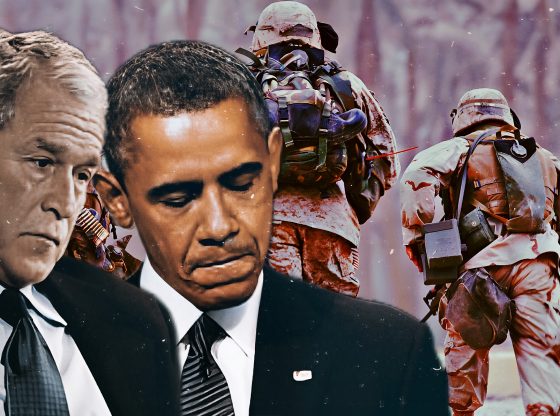
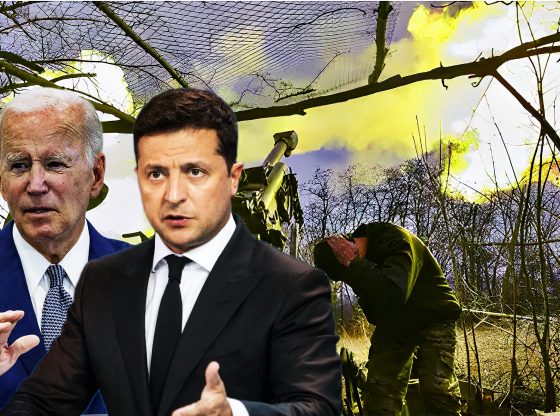
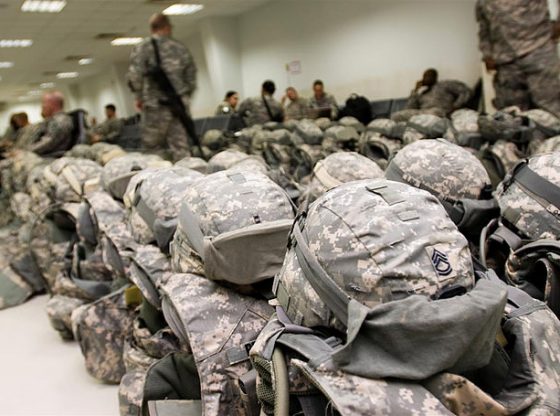




Getting paid every month easily more than $15k just by doing simple job online. Last month i have exactly received $16839 from this online job just by giving this 2 hrs a day online. Now everybody on this earth can get this job and start earning more cash online just by follow instructions here……..for more info visit any tab this site Thanks a lotCopy Here………>> Read MoRe
The whole point of Spec Ops is to operate in the “Gray Zone”. This has been the history of Special Operations since WW2. Everybody in the the political arena and the military bureaucracy, is busy tripping over semantics.
We can’t exist without Spec Ops, they are the only defense against the spies and terrorists sent by these other countries. I would not vote for any politician who will not support our highly trained military, especially the SFO !!!!
We need soecial ops to clean out the Deep State in DC.
That is why the Marine Reserves were activated by Trump. Just like FDR, who took out something like 1500 “problems” with them.